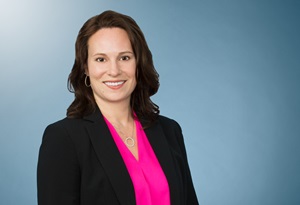Foundation, Not Façade — The Fifth Circuit Affirms the Proper Basis Requirement for Admissibility of Expert Opinions in Newsome v. International Paper Co.
Faegre Drinker on Products blog
In a toxic tort case, plaintiffs must establish general causation. If a substance is incapable of causing the type of injury plaintiff claims, then it certainly didn’t cause theirs. Under Texas law, toxic tort plaintiffs must prove general causation either by “direct, scientifically reliable proof,” or by “indirect” epidemiological evidence. Merrell Dow Pharms., Inc. v. Havner, 953 S.W.2d 706, 714-15 (Tex. 1977). In Newsome v. International Paper Company, plaintiff attempted to bypass this foundational requirement, and neither the district court, nor the Fifth Circuit was fooled. WL 5117195 (5th Cir. Dec. 16, 2024).
In Newsome, plaintiff was a truck driver for a company that supplied International Paper with sodium hydrosulfide (NaHS). Under certain conditions, NaHS releases hydrogen sulfide (H2S), an invisible gas with a characteristic rotten-egg odor. During a delivery in January 2019, plaintiff alleged he “smelt something” then “came to” on the ground. He presented to an urgent care clinic the following day but was diagnosed with only a rash. He did not visit a doctor again for four months. Then, more than a year later, plaintiff sued International Paper claiming “a host of life-threatening injuries” related to his alleged exposure to H2S.
The material contained in this communication is informational, general in nature and does not constitute legal advice. The material contained in this communication should not be relied upon or used without consulting a lawyer to consider your specific circumstances. This communication was published on the date specified and may not include any changes in the topics, laws, rules or regulations covered. Receipt of this communication does not establish an attorney-client relationship. In some jurisdictions, this communication may be considered attorney advertising.



